Current PhD Students
Bethany A. Gruskin OTR/L ⟩(she/her)
Faculty Mentor:
Mary Lawlor ScD, OTR/L, FAOTA
Research Lab: Boundary Crossings
Year of Entry: 2021
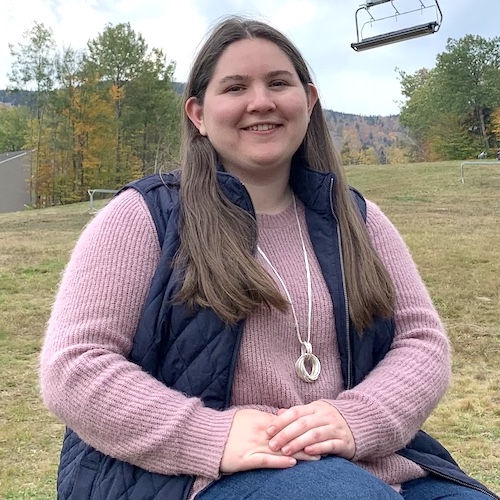
To provide a brief background of my research experience, I joined the Back 2 Baby Basics (B2BB) research lab as an undergraduate research assistant. With a focus on early childhood temperament, my roles within this project included interacting directly with participants to collect data, coding videos for specific behaviors, entering and correcting information in datasets, and training new undergraduate research assistants. Upon graduation, I joined another Penn State project — the Study of Infant Emergent Sleep TrAjectories Family Foundations (SIESTA-FF) — as a full-time Human Research Technologist I. As a member of this National Institute of Child Health and Human Development funded clinical trial, I worked collaboratively to create operating procedures, ensure efficient protocols for data collection and entry, and recruit couples who were first-time parents. I also worked directly with families through each stage of the project, including informed consent and data collection. As a project based in human development and family studies the terminology diverged, but ultimately, we were looking at occupations, co-occupations, roles, and routines within the emerging family unit. With this foundation, I pursued my Master of Science in Occupational Therapy at the University of New England and graduated in May 2021.
I am currently enrolled as an Occupational Science PhD student at the University of Southern California, immersed in Dr. Lawlor’s research lab. As a member of Dr. Lawlor’s research lab, I am excited to collaborate and engage in ethnographic qualitative methodology while considering stories of participation and access from individuals with complex intersecting identities. My research interests are focused on the experiences of nesting as a type of place-making for first-time parents. Specifically, I am hoping to explore gendered differences in parental engagement surrounding the activities required to prepare a physical, social, and material space for the arrival of a baby. I am also curious about the meaning is ascribed to these activities and how they help with the transition into parenting roles. My long-term research goal is to consider other factors that impact nesting behaviors, such as power, privilege, and cultural contexts.
⋯
Elizabeth Isralowitz MA BCBA ⟩
Faculty Mentor:
Sharon Cermak EdD, OTR/L, FAOTA
Research Lab: Sensory Adapted Dental Environments (SADE)
Year of Entry: 2019
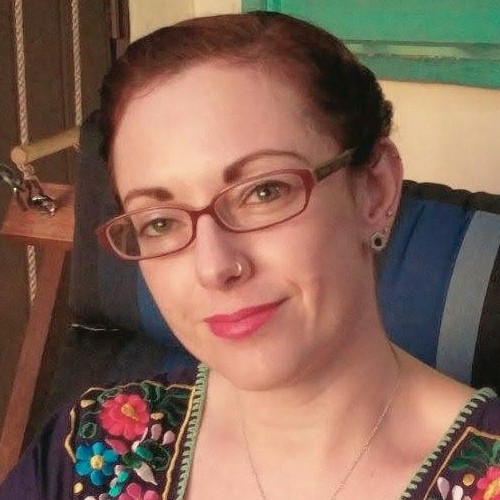
As a PhD student, clinician, and educator I aspire to contribute to the growing body of research aimed at improving the lives of individuals with developmental disabilities and their families. I am currently working in the SADE lab on a federally funded U01 grant. The study’s main aim is to reduce the stress experienced by children with developmental disabilities during dental visits through environmental adaptations. My role in the lab includes setting up the adapted dental environment, conducting focus groups and interviews, and collecting and processing data, including coding electrodermal activity.
My primary research interests relate to intervention for young children with or at risk for developing ASD. I hope to explore sensory features of young children with ASD and how these features impact parent-child interactions and later developing social-communication and self-regulation skills. I am particularly fascinated by the transactional relationship between parent and child and how the adaptation of each contributes or inhibits the development of ASD symptoms and family quality of life. I hope to contribute to research on the impact of early sensory differences on parent-child interactions, biobehavioral synchrony, and social-communication development.
⋯
Aditya Jayashankar ⟩
Faculty Mentor:
Lisa Aziz-Zadeh PhD
Research Lab: Center for the Neuroscience of Embodied Cognition (CeNEC)
Year of Entry: 2018
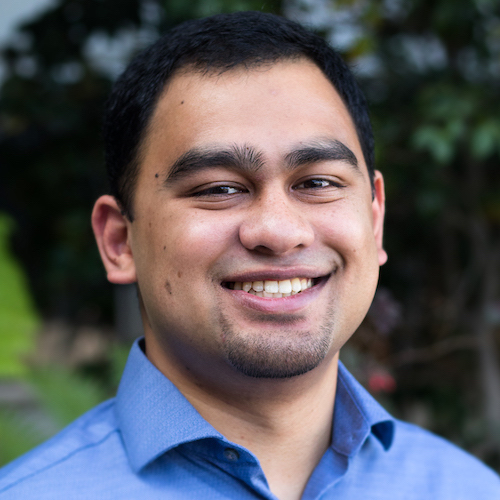
I am a neuroscientist and PhD student at the Chan Division of Occupational Science and Occupational Therapy. I work with Dr. Lisa Aziz-Zadeh in the Center for the Neuroscience of Embodied Cognition at the Brain and Creativity Institute. Our project revolves around the study of the contributions of the social and motor networks and their deficits in typically developing children and children with Autism Spectrum Disorder (ASD) and Development Coordination Disorder (Dyspraxia).
My research interests relate to the improvement of diagnostic specificity through the use of multi-modal neuroimaging techniques in conjunction with neuropsychological testing to better understand how social, sensorimotor and cognitive learning network deficits contribute to distinguishing between different ASD subtypes.
⋯
Katie Loomis MA, OTR/L, CHT ⟩(she/her/hers)
Faculty Mentor:
Shawn C. Roll PhD, OTR/L, RMSKS, FAOTA, FAIUM
Research Lab: Musculoskeletal Sonography and Occupational Performance (MSOP)
Year of Entry: 2020
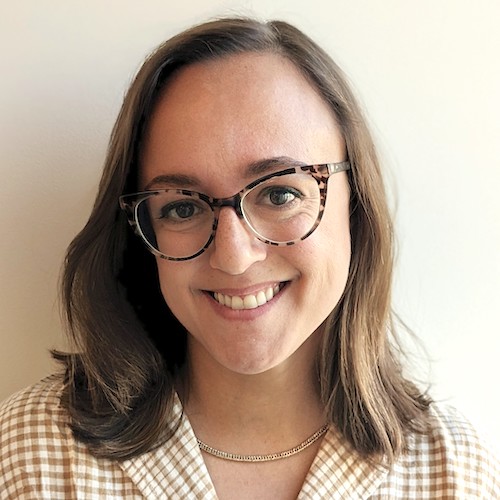
I am a certified hand therapist (CHT) and an occupational therapist with almost a decade of clinical experience. Currently, I am a PhD student in the Chan Division of Occupational Science and Occupational Therapy and a research assistant in the Musculoskeletal Sonography and Occupational Performance Laboratory working on projects related to sonographic imaging and rehabilitation for upper extremity musculoskeletal conditions. I am also a hand therapy educator, an active member of the American Society of Hand Therapists (ASHT) Research Division, and an ad hoc reviewer for the Journal of Hand Therapy.
My research interests include understanding and quantifying the multidimensional process of upper extremity musculoskeletal rehabilitation and advancing care effectiveness and individualization through the development of comprehensive data collection, database building, and analysis.
⋯
Yujia (Mona) Mo ⟩
Faculty Mentor:
Beth Pyatak PhD, OTR/L, CDCES, LRC, FAOTA
Research Lab: Lifestyle Redesign for Chronic Conditions (LRCC)
Year of Entry: 2022
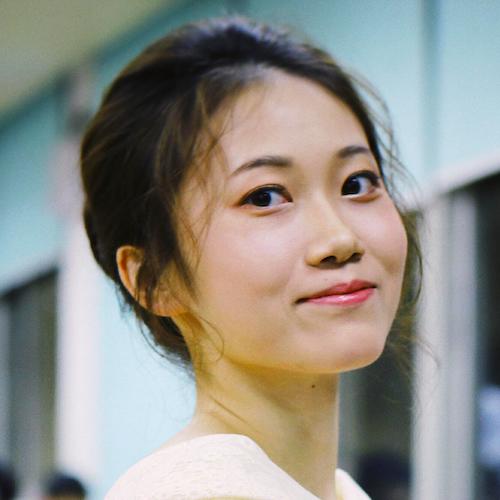
I’m one of members in the China Initiative, admitted to USC Chan as the second Peking University Health Science Center (PKUHSC) student, pursuing the PhD degree in Occupational Science. I’ve achieved the Bachelor’s degree in Rehabilitation Therapy, as well as the Master’s degree in Occupational Therapy. During the journey of medicine-related learning, I gradually realized the magic of minute parts of occupation that may have a wonderful impact on people’s health and well-being. With curiosity and determination to figure out the mystery of life, I choose LRCC.
Seeking for challenges and trying new things is my own lifestyle. I’m into all kinds of activities in daily life: morning running, road cycling, writing calligraphy, photography is my favorite.
⋯
Ngozi “NG” Nnoli MS ⟩(she/her/hers)
Faculty Mentor:
Beth Pyatak PhD, OTR/L, CDCES, LRC, FAOTA
Research Lab: Lifestyle Redesign for Chronic Conditions (LRCC)
Year of Entry: 2022
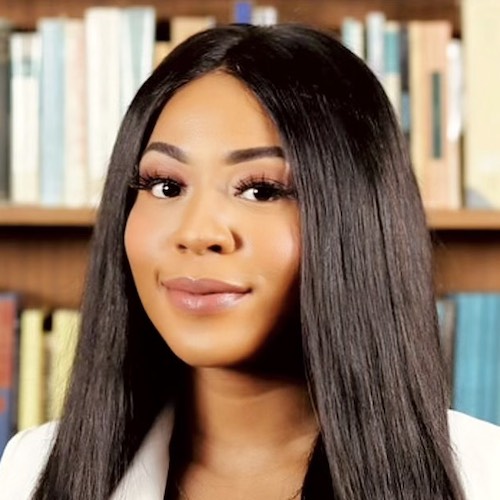
Advocating for enhancing life experiences through my research is a strong interest of mine, particularly among young adults facing chronic conditions. I believe that applying lifestyle interventions and understanding psychosocial factors are imperative to achieving this goal. Additionally, I am passionate about promoting health-related physical activity to improve body functionality and longevity. As a PhD student, I am exploring the interconnections between social barriers and participation, aiming to understand and address the complex factors that influence and could promote individuals’ health behaviors. By addressing these barriers and promoting healthy lifestyles, I aim to indirectly empower individuals to lead healthier, more fulfilling lives through the work I do. With a commitment to research and advocacy, I hope to make meaningful contributions to the fields of public health and occupational science.
⋯
Camille Parchment ⟩(she, her, hers)
Faculty Mentor:
Amber Angell PhD, OTR/L
Research Lab: Disparity Reduction and Equity in Autism Services (DREAmS)
Year of Entry: 2021
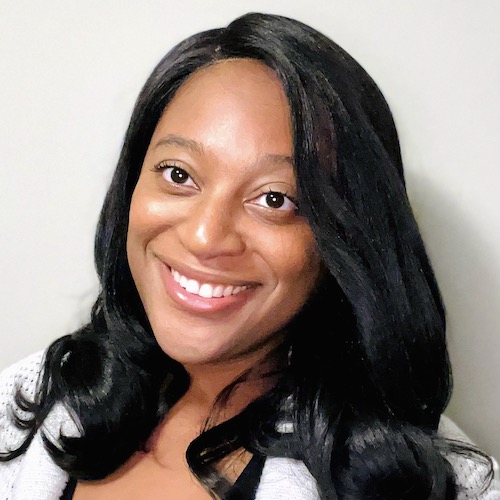
I am a PhD student within the Chan Division of Occupational Science and Occupational Therapy, under the mentorship of Dr. Amber Angell. My research interests are healthcare implementation, occupational justice in healthcare and more specifically, improving access to mental health services for all, including underserved members of the mental health community. As a research assistant within the Disparity Reduction and Equity in Autism Services (DREAmS) lab, I support research projects that aim to reduce disparities in autism diagnosis and services, particularly among autistic women and girls.
⋯
Madeline Parga ⟩(she/hers)
Faculty Mentor:
Shawn C. Roll PhD, OTR/L, RMSKS, FAOTA, FAIUM
Research Lab: Musculoskeletal Sonography and Occupational Performance (MSOP)
Year of Entry: 2022
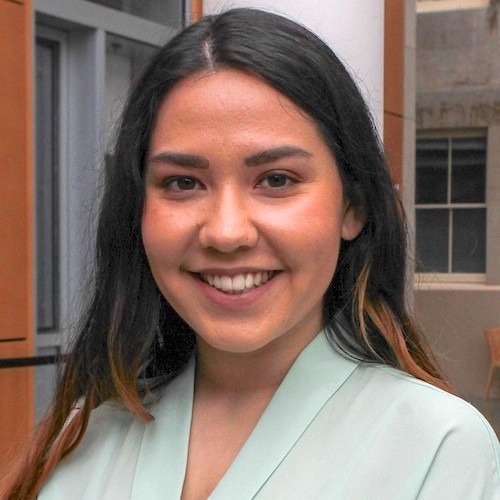
My research interests lie within the vast potential of transdisciplinary investigation into applications of artificial intelligence (AI) for smart environments. This was largely inspired by increasing collaboration in the field between occupational scientists and engineers, as well as between occupational scientists and disability studies scholars through the OT+DS network. Due to the strengthening of these connections, I believe it is not only largely possible but responsible to draw upon this network of researchers to consider how smart technology applications will influence both social and physical factors of accessibility.
As an occupational scientist, I hope to apply the biopsychosocial model to investigations of how smart devices in occupational environments will impact all people, while emphasizing disability as an identity and not only a condition of the being as it has largely been treated by literature investigating AI applications. I am also interested in the design process and how it dis/allows accessibility within the smart environments already utilized today.
⋯
Junior Pereira MRes ⟩
Faculty Mentor:
Joy Agner PhD, OTR/L
Research Lab: Health and Empowerment Action (HEAL)
Year of Entry: 2023
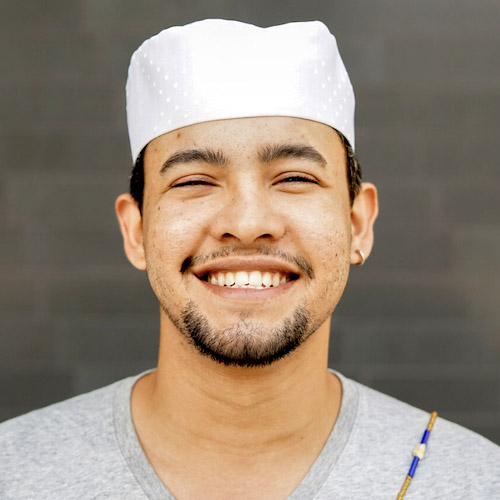
My research interests are focused on mental health services, intersectionality, and substance use. I am particularly intrigued by innovative, community-centered approaches on a global scale. As a Research Assistant at the HEAL Lab, I am actively engaged in a pilot project inspired by the Trieste mental health care model, aligning with the principles of the Italian psychiatric reform.
Before becoming a PhD student, I worked as an occupational therapist at a Psychosocial Care Center in Brazil, with a focus on individuals utilizing substances (CAPS AD Nordeste). During this time, I conducted research on the impact of the Covid-19 pandemic on the occupations of users within the Brazilian Network for Psychosocial Care.
⋯
Loree Pham MS, OTR/L, DipACLM ⟩(she/her/hers)
Faculty Mentor:
Beth Pyatak PhD, OTR/L, CDCES, LRC, FAOTA
Research Lab: Lifestyle Redesign for Chronic Conditions (LRCC)
Year of Entry: 2020
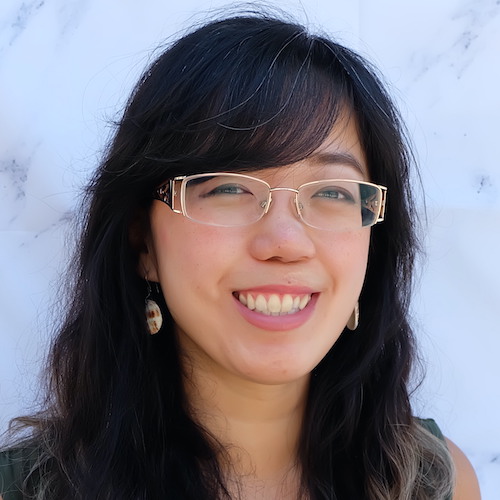
I am a PhD student in the Chan Division of Occupational Science and Occupational Therapy. I work in the Lifestyle Redesign for Chronic Conditions (LRCC) Lab under the guidance of Dr. Beth Pyatak. The project I work on is Function and Emotion in Everyday Life with Type 1 Diabetes (FEEL-T1D), the first large-scale study to integrate continuous glucose monitoring (CGM), ecological momentary assessment (EMA), and accelerometry to disentangle the short-term dynamic relationships between blood glucose, function, and emotional well-being in adults with type 1 diabetes.
My research interests include complementary and integrative health practices, including yoga and mindfulness. I’ve also learned the value that spirituality has in health care, with its ability to improve patient quality of life and well-being. As occupational therapy is a holistic profession, I believe it is imperative to address the mind-body-spirit connection of the clients and patients we serve. I am also particularly interested in addressing and reducing health disparities and health inequities for socioeconomically disadvantaged and medically underserved populations.
⋯





